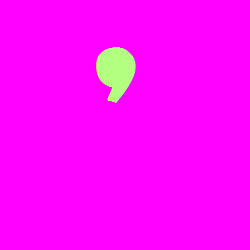
The apostrophe (‘) is one of the most difficult punctuation marks for native speakers to use correctly. Here is a simple guide to its use. You may also want to check out this punctuation guide, too.
Apostrophes in contractions
‘Can’t’, ‘don’t’, ‘shan’t’, ‘won’t’, and such don’t cause many problems but personal pronouns with be verbs in contraction can be hard. ‘I’m’, ‘they’re’, ‘he’s’ and ‘she’s’ are easy. ‘You’re’, means ‘you are’ but ‘your’ means ‘belonging to you’. However ‘it’s’ means ‘it is’ but ‘its’ means ‘belonging to it’.
Apostrophes with plurals
Never make a plural with an apostrophe. ‘Mother’s’ does not mean ‘more than one mother’ it means ‘belonging to Mother’.
When you want to indicate possession or ownership of something or things by more than one party or thing use an apostrophe after the word.
This is the twins’ computer.
Supporters may only enter the players’ lounge as a guest.
Apostrophes in names
Some names, especially Irish names have apostrophes. The rule is not to put in a space between the apostrophe and the next letter: e.g. ‘David O’Hagan’.
There is also an entire blog about apostrophe mistakes at apostrophecatastrophes.com
